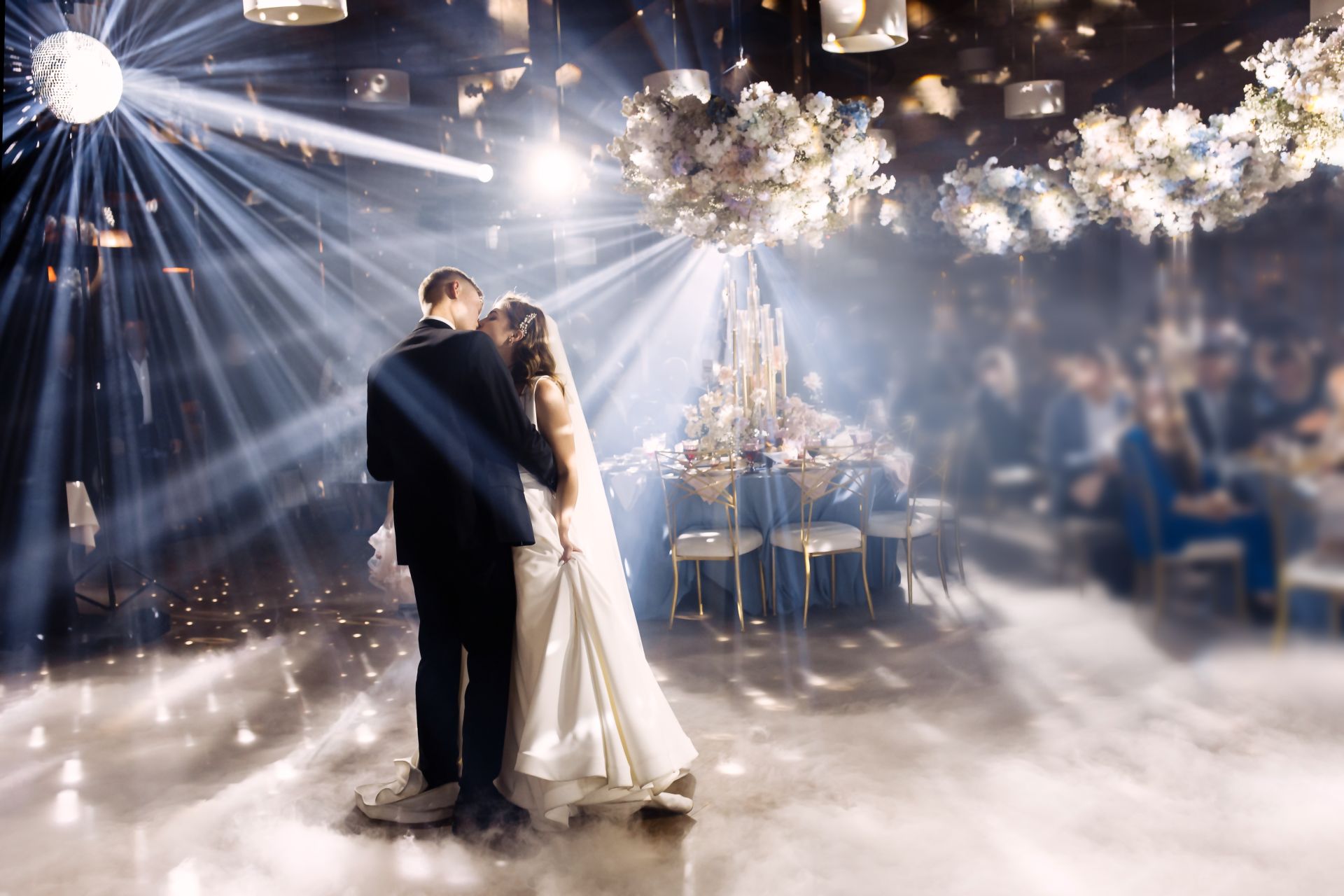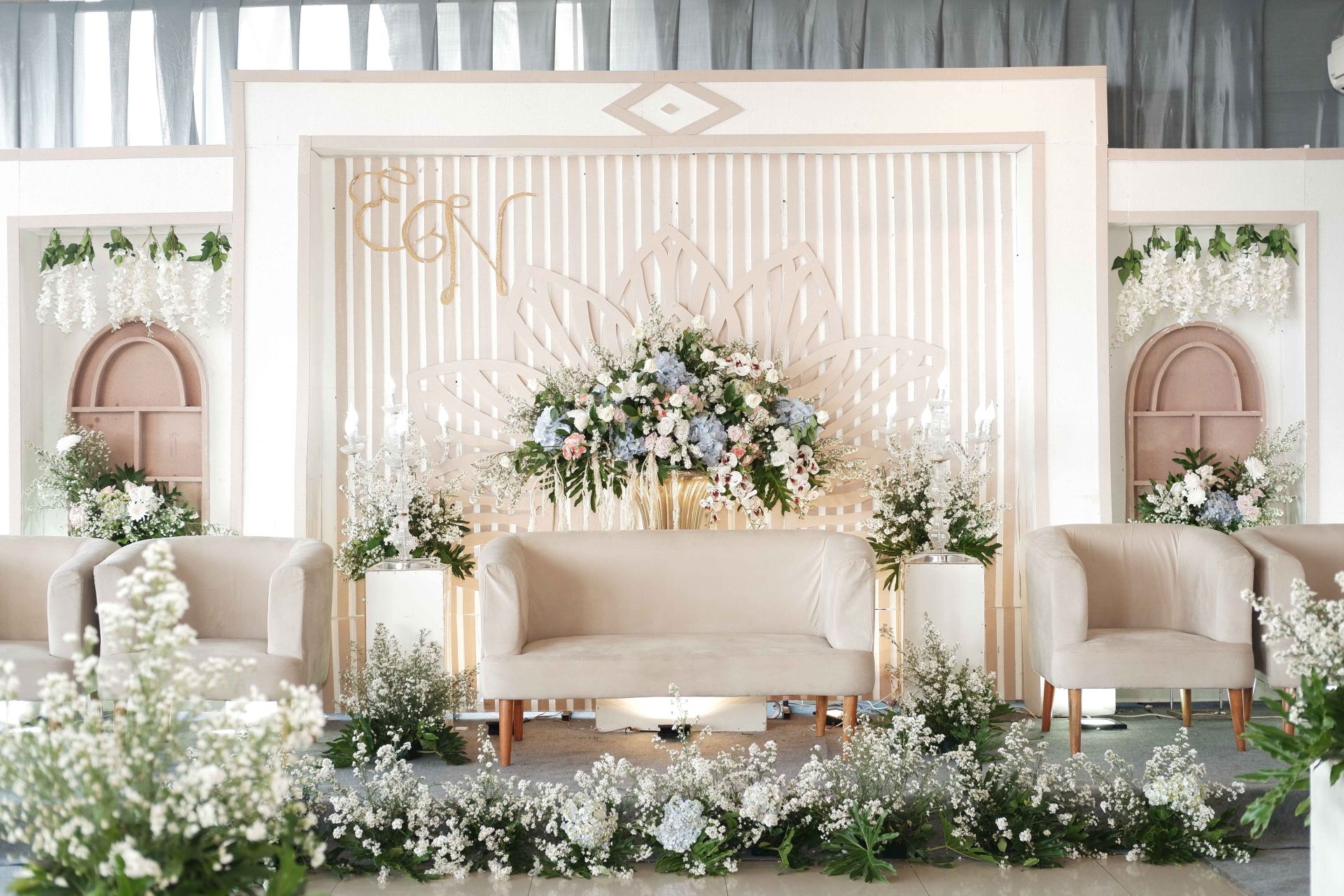Harnessing the Power of Social Media to Boost Your Event Design Business
As an experienced event designer with a successful business, I've seen the immense power of social media in promoting services and attracting clients. Social media is a valuable tool that allows you to reach a wide audience for free or at a very low cost. Here’s how you can effectively use social media to self-promote and boost your business.
The Role of Social Media in Modern Marketing
Social media platforms have become an integral part of our daily lives. People use them to connect, share, and discover new things. As a business owner, being active on social media allows you to engage with potential clients, showcase your work, and build a strong online presence.
Best Practices for Social Media Marketing
To maximize the benefits of social media, follow these best practices:
- Choose the Right Platforms: Identify where your target audience spends their time. For event designers, visual platforms like Instagram and Pinterest are excellent for showcasing your work. Facebook and LinkedIn can help you connect with other professionals and clients, while TikTok can be great for creative and engaging video content.
- Create High-Quality Content: Quality content is key to attracting and retaining followers. Share high-resolution images of your events, behind-the-scenes videos, and client testimonials. Make sure your posts reflect your brand’s style and quality.
- Engage with Your Audience: Social media is all about interaction. Respond to comments, messages, and mentions promptly. Engaging with your audience builds trust and encourages more interaction with your content.
- Plan and Schedule Your Posts: Consistency is crucial. Use tools like Hootsuite, Buffer, or Later to plan and schedule your posts ahead of time. This ensures you maintain a regular posting schedule, even during busy periods.
- Utilize Hashtags and Keywords: Hashtags and keywords help your content reach a broader audience. Research popular and relevant hashtags in your industry and incorporate them into your posts. This makes it easier for potential clients to find your content.


The Importance of Organic Social Media Traffic
Organic traffic is the traffic you get without paying for ads. Building organic traffic takes time, but it's worth the effort. Organic posts:
- Build Authenticity: Organic content feels more genuine and builds trust with your audience.
- Encourage Engagement: People are more likely to engage with posts that don’t feel like advertisements.
- Improve Reach: Regular, engaging content can improve your visibility as your followers like, share, and comment on your posts.
Varied Content for Targeted Advertising
While organic traffic is essential, targeted advertising can also play a crucial role. Here’s how to balance both:
- Organic Posts: Share a variety of content, including event photos, tips, client stories, and behind-the-scenes looks. This keeps your feed interesting and engaging.
- Targeted Ads: Use paid ads to promote specific events or services. For example, if you’re hosting a wedding expo or offering a new service, targeted ads can help reach a specific audience interested in those offerings.
Using Social Media to Promote Events
Promoting events on social media can significantly boost attendance and engagement. Here’s how:
- Create Event Pages: Use Facebook and LinkedIn to create event pages. These pages allow you to share all the details, post updates, and engage with attendees.
- Share Countdown Posts: Build excitement by sharing countdown posts and sneak peeks leading up to the event.
- Live Stream: Consider live streaming parts of your event on Instagram or Facebook Live. This can attract a larger audience and provide a glimpse of what they can expect from your services.
Promoting Your Services
In addition to promoting events, social media is a powerful tool for showcasing your services:
- Portfolio Posts: Regularly share photos and videos of your best work. Highlight different types of events you’ve designed to show your versatility.
- Client Testimonials: Share positive feedback from clients. Testimonials add credibility and help build trust with potential clients.
- Educational Content: Share tips and advice related to event planning and design. This positions you as an expert in your field and provides value to your audience.
Conclusion
Social media is an indispensable tool for promoting your event design business. By following best practices, creating high-quality content, and engaging with your audience, you can build a strong online presence. Balancing organic posts with targeted ads helps you reach the right people and attract new clients. With consistent effort and a strategic approach, social media can significantly boost your business and help you achieve lasting success.
Learn about how to promote yourself online and some social media basics in terms of running business when you take our flagship design course: Accredited Event Designer!

IWED | The Institute of Wedding & Event Design
-
98 SE 7th St. Deerfield Beach, FL 33441
-
1-800-504-7615
